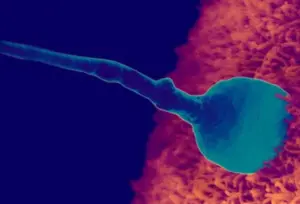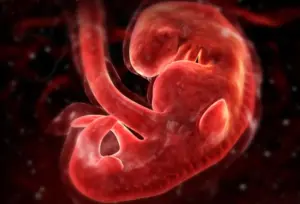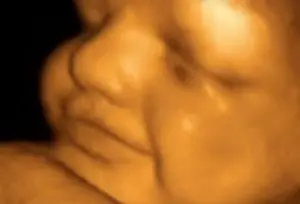Fetal Development Stages: A Journey of Wonder and Growth
As an enthusiast and advisor in the parenting niche, I am thrilled to guide you through the fascinating stages of fetal development. From conception to the miraculous journey of birth, a baby undergoes remarkable transformations in the womb. Understanding these stages is awe-inspiring and provides essential insights for expectant parents. Let’s explore the journey together!
- The Initial Stage: Conception and Implantation

At the start of the journey, the miracle of life begins with the union of an egg cell and a sperm cell during conception. This fusion forms a single-cell organism called a zygote. As the zygote divides rapidly, it transforms into a cluster of cells known as a blastocyst. The blastocyst then implants into the uterine wall, initiating further development.
- The First Trimester: Rapid Growth and Organ Formation
The foundations for your baby’s organs and systems are laid during the first trimester. Key developments include forming the neural tube, which eventually becomes the brain and spinal cord. The heart begins to beat and pump blood while other vital organs and structures, such as the limbs, eyes, ears, and digestive system, start taking shape.
- The Second Trimester: Refinement and Growth

As you enter the second trimester, your baby’s growth becomes more evident. Their tiny features become more defined, including the formation of fingerprints and toeprints. The musculoskeletal system strengthens, and the nervous system continues to mature, allowing your baby to make coordinated movements. Around this time, they can also hear sounds from the outside world.
- The Third Trimester: Final Preparations for Birth
In the final trimester, your baby undergoes remarkable growth and development. Subcutaneous fat accumulates, providing insulation and energy reserves. The lungs continue to mature, and the practice of breathing movements begins. As the due date approaches, your baby settles into a head-down position in preparation for birth, and their reflexes and sensory capabilities become more refined.
The journey of fetal development is a testament to the wonders of life. Each stage is crucial, laying the groundwork for your baby’s growth and well-being. As an expectant parent, there are several suggestions I have to ensure a healthy and supportive environment for your developing baby:
- Embrace a healthy lifestyle: Maintain a nutritious diet, exercise regularly for pregnancy, and avoid harmful substances like smoking or alcohol.
- Attend prenatal check-ups: Regular prenatal care allows healthcare professionals to monitor your baby’s growth, address any concerns, and guide on your journey.
- Bond with your baby: Connect with them through gentle touches, soothing music, and talking or singing to them. This bond fosters a sense of security and nurtures their emotional well-being.
- Educate yourself: Learn about the different stages of fetal development and changes in your body, and seek information from reliable sources or healthcare providers.
- Seek support: Surround yourself with a supportive network of family, friends, and healthcare professionals who can provide guidance, reassurance, and assistance throughout your pregnancy.
In conclusion, the journey of fetal development stages is a remarkable and transformative experience. Understanding the stages of development empowers parents to provide the necessary care and support for their growing baby. Embrace this journey with love, curiosity, and excitement, knowing that you are nurturing the precious life within you.
FAQs
- Are there any activities I can engage in to promote my baby’s development during pregnancy?
Engaging in activities such as reading aloud, playing soft music, and practicing relaxation techniques can stimulate your baby’s senses and promote their overall development.
- How can I monitor my baby’s movements and ensure their well-being during pregnancy?
Keeping track of your baby’s movements is important. If you notice a significant decrease in movements or have any concerns, contact your healthcare provider promptly.
- Can stress or emotions affect my baby’s development?
While occasional stress is normal, chronic or excessive stress can potentially impact your baby’s development. It’s essential to prioritize self-care, manage stress, and seek support when needed.
- Are there specific foods I should include or avoid during pregnancy for optimal fetal development?
Maintaining a well-balanced diet that includes a variety of fruits, vegetables, lean proteins, whole grains, and healthy fats is crucial. Avoiding raw or undercooked foods, certain seafood, and unpasteurized dairy products is recommended to minimize the risk of foodborne illnesses.
- What should I do if I have concerns or questions about my baby’s development during pregnancy?
Don’t hesitate to reach out to your healthcare provider with any concerns or questions. They are there to support and guide you throughout your pregnancy journey.
